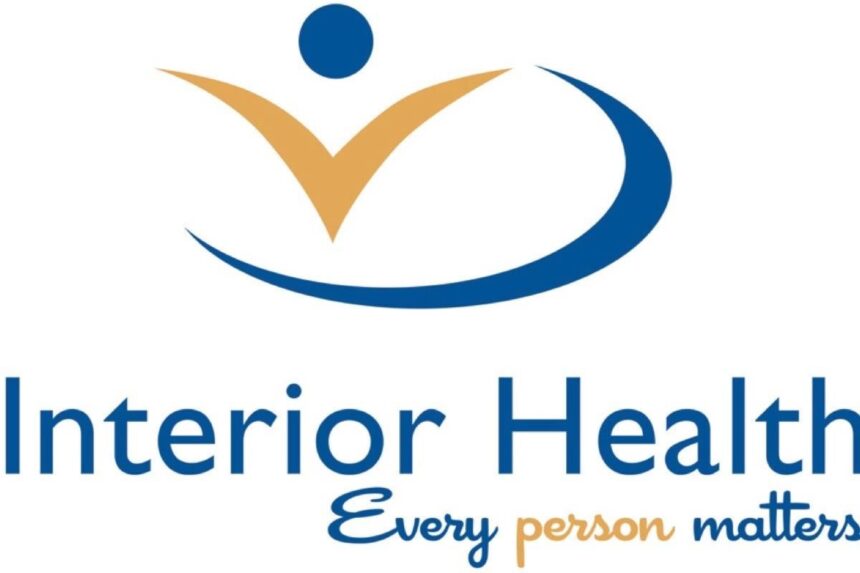In the wake of significant challenges affecting pediatric services, Interior Health has launched a comprehensive initiative to restore both essential care capabilities and community confidence at Kelowna General Hospital. The multi-faceted approach comes after months of public concern regarding the availability and quality of children’s medical services in the Okanagan region.
“We recognize the critical importance of maintaining robust pediatric care services for families throughout the Interior,” said Susan Brown, Interior Health CEO, during yesterday’s announcement. “Our restoration plan addresses both immediate clinical needs and the deeper trust issues that have emerged in recent months.”
The restoration strategy follows a period of strain that began last fall when several pediatric specialists departed from the hospital, creating service gaps that forced some families to travel to Vancouver or other major centers for their children’s care. These departures, coupled with staffing shortages that have plagued healthcare systems nationwide, significantly impacted the hospital’s ability to provide comprehensive pediatric services.
Interior Health’s new approach includes aggressive recruitment efforts that have already secured commitments from three new pediatric specialists set to join the hospital by early 2023. Additionally, the authority has implemented enhanced compensation packages and flexible scheduling options designed to attract and retain specialized medical professionals in what remains a highly competitive healthcare market.
According to data from Interior Health, approximately 8,500 children required specialized pediatric services at Kelowna General Hospital in 2022, with nearly 15% of those cases being redirected to facilities outside the region due to service limitations—a situation the restoration plan aims to correct.
“The goal is to ensure 95% of pediatric needs can be met locally within the next 18 months,” explained Dr. Jennifer Miller, Interior Health’s newly appointed Director of Pediatric Services. “We’re not just rebuilding capacity—we’re creating a more resilient system designed to weather future challenges.”
Beyond clinical services, the restoration plan includes community engagement initiatives intended to rebuild trust between families and the healthcare system. Monthly public information sessions will begin next month, offering parents and caregivers direct access to healthcare administrators and the opportunity to voice concerns or suggestions.
The Kelowna General Hospital Foundation has also committed $3.2 million toward upgrading pediatric facilities and equipment, demonstrating the community’s investment in restoring high-quality children’s care. These funds will support the creation of more child-friendly spaces and the acquisition of specialized diagnostic equipment that reduces the need for patient transfers.
Local parent advocacy groups, which formed in response to service reductions, have cautiously welcomed the announcement. “We’re encouraged by the concrete steps being taken,” said Michelle Ramirez, spokesperson for the Okanagan Parents for Pediatric Care coalition. “But we’ll be watching closely to ensure these promises translate into actual improvements for our children.”
Healthcare analysts from CO24 Business note that Interior Health’s approach could serve as a model for other regional healthcare systems facing similar challenges. The integration of service restoration with community trust-building represents a more holistic approach than typical healthcare crisis management strategies.
As Kelowna and the broader Okanagan region watch this restoration effort unfold, one question remains central to many families’ concerns: Will these improvements create sustainable pediatric care systems, or will the Interior continue to struggle with the systemic healthcare challenges affecting communities across Canada?










